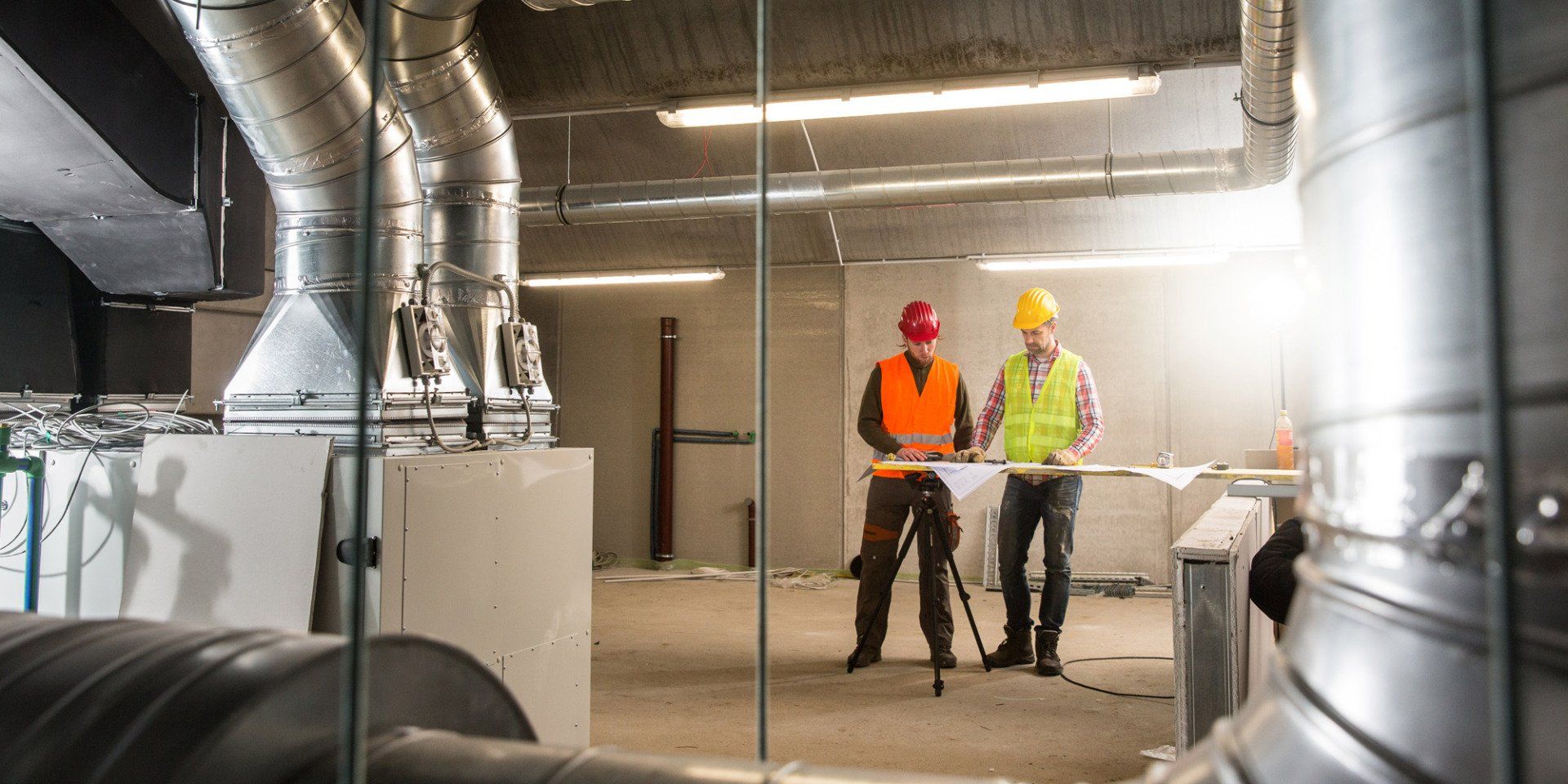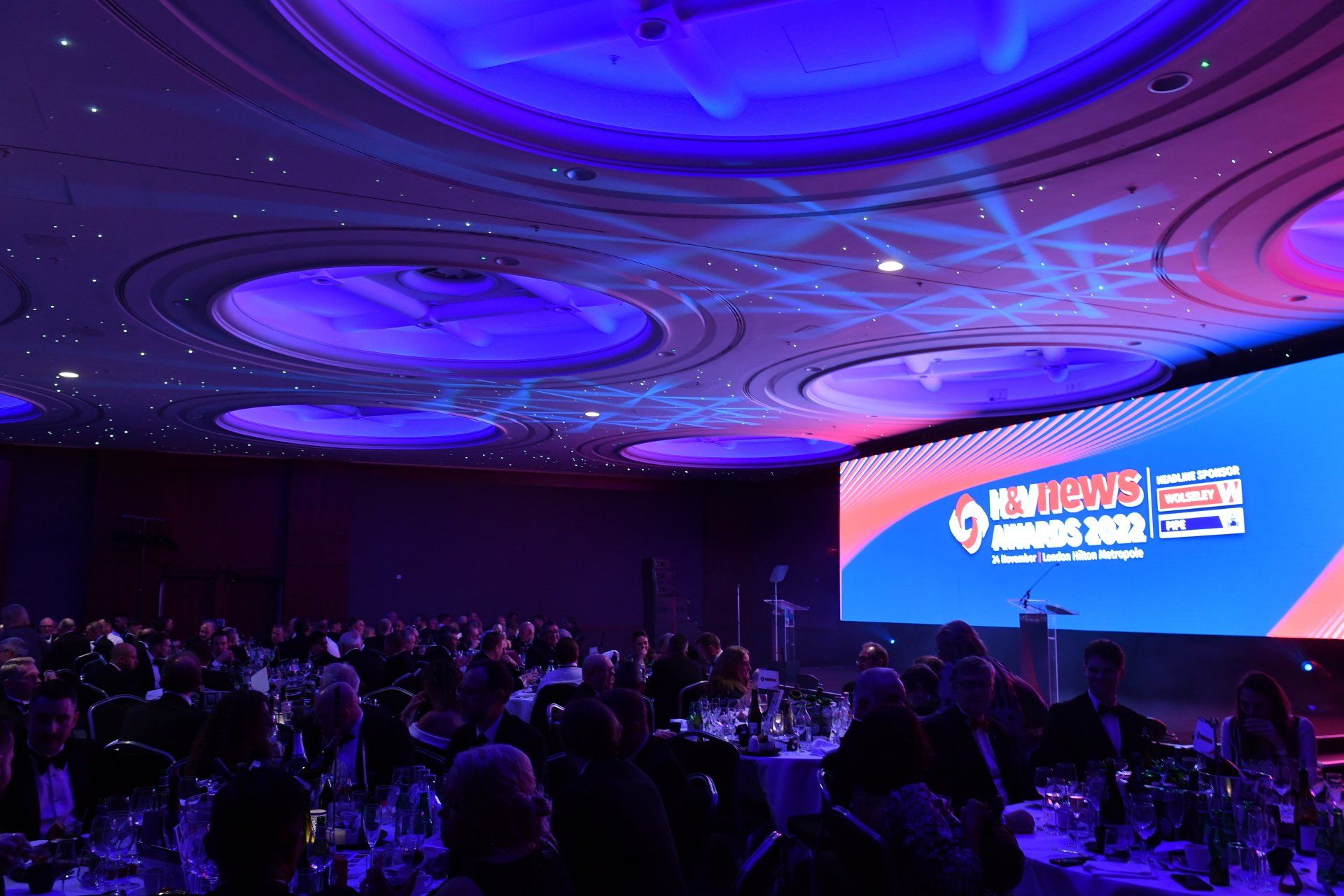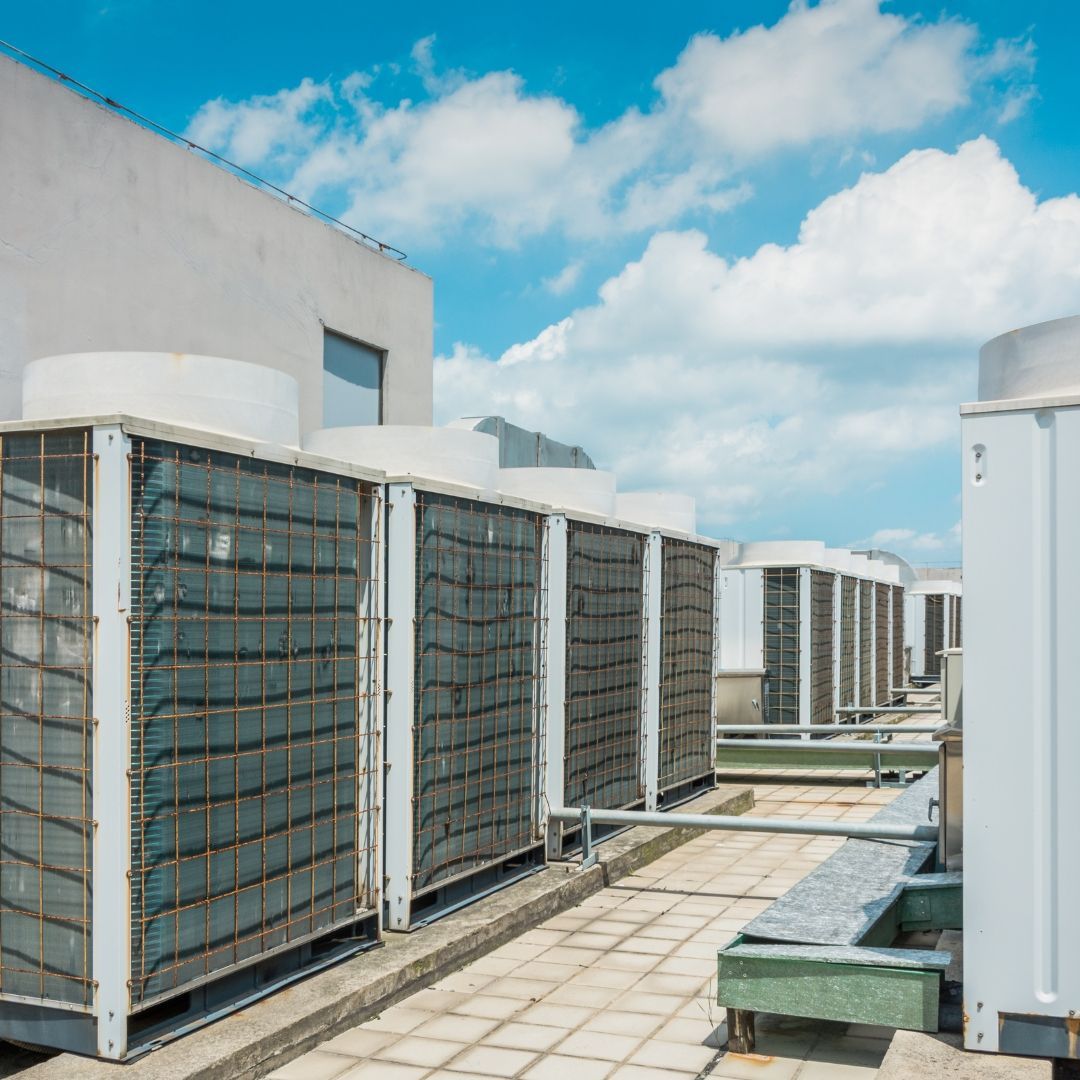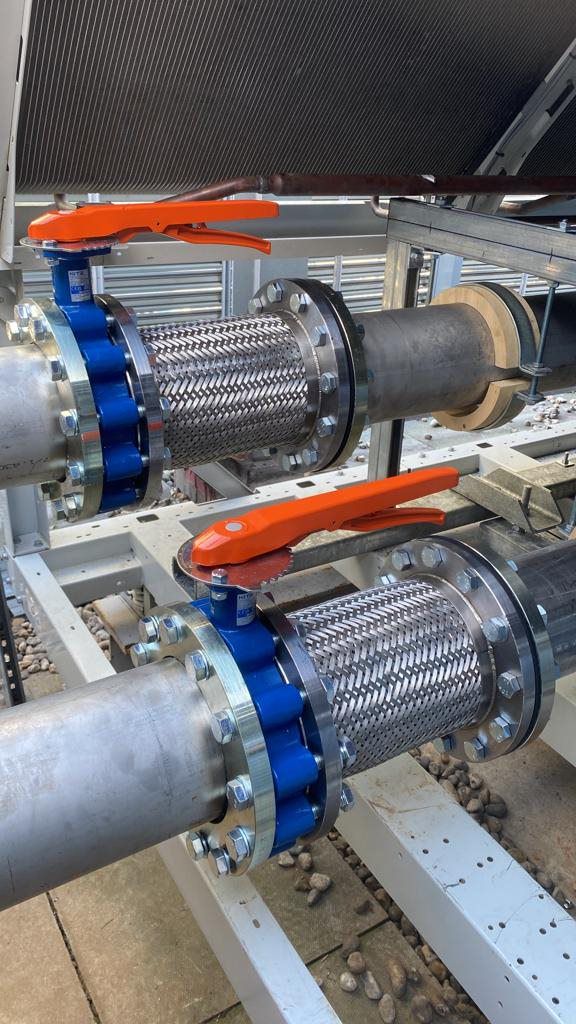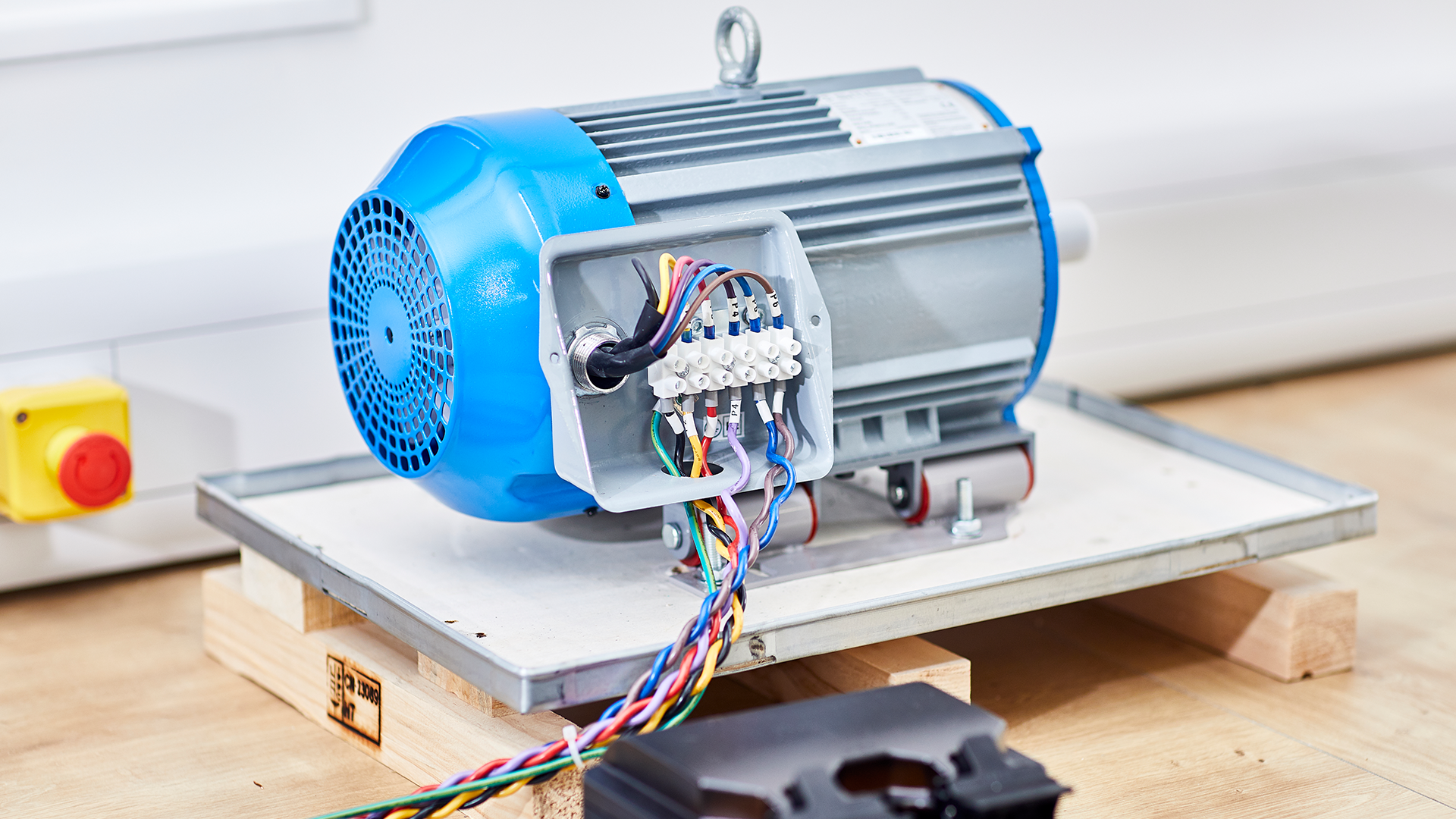Top 10 Most Asked Questions About Commercial HVAC Systems
Top 10 Most Asked Questions About Commercial
HVAC Systems
1. What is a Commercial HVAC System?
A Commercial HVAC (Heating, Ventilation, and Air Conditioning) system is designed to regulate the temperature, humidity, and air quality of large buildings such as offices, schools, hospitals, and retail spaces. These systems are more complex and robust than residential HVAC systems to handle the larger spaces and diverse requirements of commercial buildings.
2. How Often Should Commercial HVAC Systems Be Serviced?
Regular maintenance is crucial for the efficiency and longevity of HVAC systems. It’s generally recommended that commercial HVAC systems be serviced at least twice a year - once in the spring for cooling systems and once in the autumn for heating systems.
3. What Are the Signs That an HVAC System Needs Repair?
Common signs include unusual noises, inconsistent temperatures, poor airflow, unpleasant odours, and increased energy bills. If you notice any of these issues, it’s important to schedule an inspection promptly to prevent further damage.
4. How Can I Improve the Energy Efficiency of My HVAC System?
Improving energy efficiency can be achieved by regularly changing filters, scheduling routine maintenance, installing programmable thermostats, sealing ducts, and considering system upgrades to newer, more efficient models.
5. What Types of Commercial HVAC Systems Are Available?
There are several types of commercial HVAC systems, including single-split systems, multi-split systems, VRF (Variable Refrigerant Flow) systems, and VAV (Variable Air Volume) systems. The choice depends on the specific needs and size of the building.
6. How Long Do Commercial HVAC Systems Last?
The average lifespan of a commercial HVAC system is between 15 to 20 years, though this can vary based on usage, maintenance, and the quality of the installation. Regular maintenance can help extend the system’s lifespan.
7. What Is the Importance of Proper HVAC System Sizing?
An appropriately sized HVAC system ensures optimal performance and energy efficiency. An undersized system may struggle to maintain comfortable temperatures, while an oversized system can cycle on and off too frequently, leading to wear and tear.
8. How Much Does It Cost to Install a Commercial HVAC System?
The cost varies widely based on the system type, building size, and complexity of the installation. It can range from a few thousand to several hundred thousand pounds. It’s best to obtain a free, no obligation, quote from JSA Service here.
9. What Are the Benefits of a Zoned HVAC System?
Zoning allows different areas of a building to be heated or cooled independently, improving comfort and reducing energy costs. It’s especially beneficial for buildings with varying occupancy levels and usage patterns.
10. What Should I Look for in an HVAC Contractor?
Look for a contractor with a solid reputation, proper licensing and insurance, experience with commercial systems, and positive customer reviews. Additionally, they should offer comprehensive maintenance plans and 24/7 emergency services. Take a look at our case studies here, and our certificates and documents here.
